Coral Reefs protect coastlines, sustain the fishing and tourism industries, and lead to the exploration of new medicines.
Coral reefs have a huge impact on our planet; however, with pollution and climate change leading to coral bleaching, we must do all that we can to protect our coral reefs. Due to climate change, sea temperatures get too high or low, causing tiny algae plants called zooxanthellae to leave the coral. Zooxanthellae live on coral and produce about 90% of the food necessary for corals to grow. Without zooxanthellae, the coral’s main food source is gone, turning the coral white due to a lack of nutrients (7). As the sea’s temperature rises due to global warming, coral bleaching will increase, potentially wiping out whole ecosystems. Coral reefs are very important to marine species because they create marine ecosystems. They also have huge impacts on human life by protecting coastlines, sustaining the economy, and leading to exploration of new medicine.
Coral reefs make up less than one percent of the ocean; however, they have a huge impact on marine ecosystems (1). Corals are invertebrates, animals lacking a backbone. Two main types of corals exist: reef-building corals, and non-reef building corals. Non-reef-building corals, also known as soft corals, do not produce calcium carbonate, a compound used to form reefs. Reef-building corals release calcium carbonate that provides a base for other corals to form on top of. Stony corals cluster together on top of these corals, creating coral reefs that host large and diverse marine ecosystems. Coral reefs are often called rainforests of the sea because of their biodiversity; they provide a home to over 4,000 different species of fish and 800 species of hard coral (2). Indeed, coral reefs are crucial to marine life.
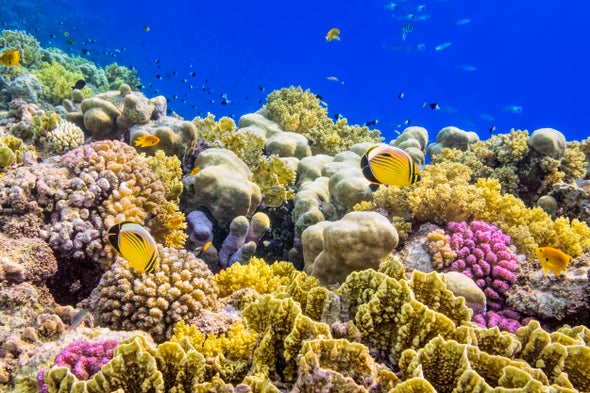
Coral reefs protect both marine and human life by providing coastal protection from tropical storms, hurricanes, and cyclones. Coral reefs absorb 97% of a wave’s energy and reduce the speed of waves, protecting a shoreline from storms (2). A study created by Limnology and Oceanography Letters in 2018 compared how the composition of a coastal area impacted the damage done to it by cyclones. The study demonstrated that the change in the volume of beach sediment decreased by less than five meters on the reef-fronted coasts of Western Australia. Scientists also took measures on open sandy coasts without reefs, and those coasts had a volume decrease of 30 meters (3). The change and erosion to reef-fronted beaches was greatly reduced due to the coral reefs. It is estimated that coral reefs prevent $94 million in flood damages each year, protecting people who live close to the ocean by preserving beach volume (4). Coral-free-fronted coasts reduce the amount of wave energy that reaches the coastline, therefore protecting coasts from severe damage and destruction.
In addition to protecting the coasts, coral reefs also support the global economy. The Great Barrier Reef generates more than $1.5 billion every year for the Australian economy (5). Coral reefs support both the tourism industry and the fishing industry. Tourism is a large industry that provides jobs and businesses for many and is dependent on the natural environment. In Australia, before COVID-19 hit, about five million people visited the Great Barrier Reef every year. Coral reefs are such a large tourist attraction that 71 million people a year visit coral reefs around the world on vacation (1). Coral reef tourism also supports local restaurants and water activity businesses like scuba diving. Many people rely on coral reefs for income, including about half of all federally managed fisheries in the U.S. (5). The National Marine Fisheries Service estimates the commercial value of U.S. fisheries from coral reefs exceeds $100 million (5). More than 275 million people live within 30 kilometers of coral reefs, obtaining most of their food from the reefs (5). Food supply that is in close proximity to coral reefs grows the local economy and is more sustainable because the food doesn’t need to be transported from a long distance, reducing the utilization of fossil fuels.
The final way that coral reefs support human life is through medicine. Many organisms living on coral reefs produce chemical compounds that can be used for different medications. Scientists have created treatments for cardiovascular diseases, skin cancer, and leukemia (6). Antiviral drugs like Ara-A and AZT and the anticancer agent Ara-C were developed from extracts of sea sponges found on a Caribbean reef (8). Another example of medicine related to coral reefs is a very powerful painkiller called Prialt. Cone snails, that live on coral reefs, have venom inside them that are the chemical basis for the painkiller (8). Coral reefs possess great potential for life-saving medicines, so maintaining the reefs is very important.
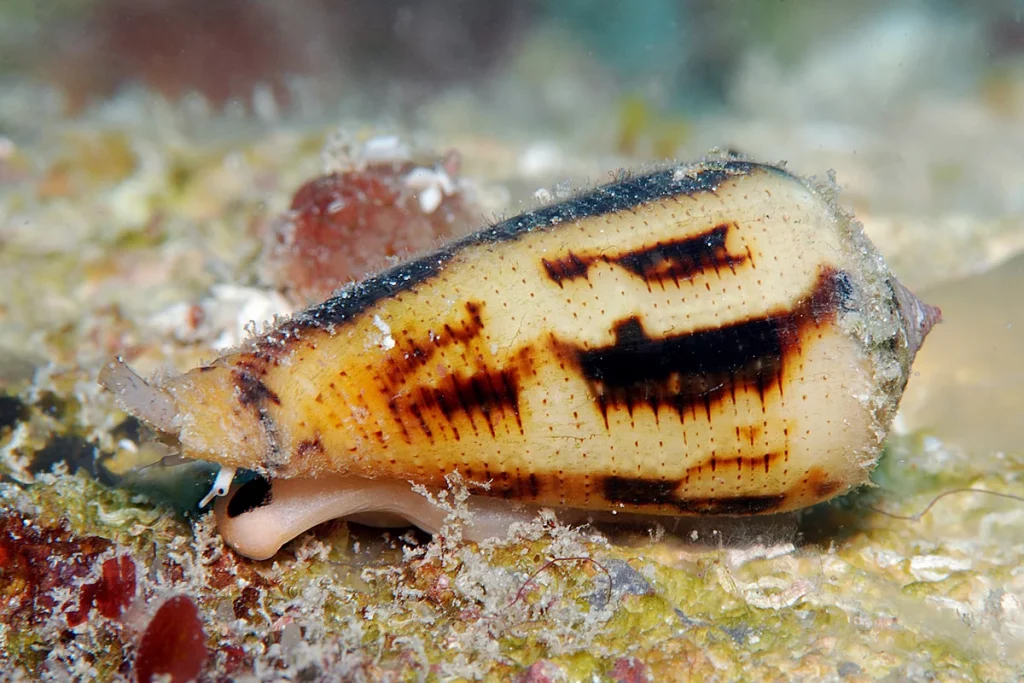
In conclusion, not only do coral reefs provide for marine life, but they also support human life, by coastal protection, supporting the economy, and the development of medications. Coral reefs have a huge impact on our planet; however, as climate change continues worsening coral bleaching, we must do all that we can to protect our coral reefs.
Bibliography:
- Thomas, J. (2021, January 5). 10 Surprising facts about Coral Reefs. The Reef World foundation. https://reef-world.org/blog/surprising-coral-facts
- (2013, June 1). The Importance of Coral Reefs. National Ocean Service Education. https://oceanservice.noaa.gov/education/tutorial_corals/coral07_importance.html
- Cuttler, M. Hansen, J. Lowe, R. Drost, E. (2018, February 19). Response of a fringing reef coastline to the direct impact of a tropical cyclone. Limnology and Oceanography Letters. https://aslopubs.onlinelibrary.wiley.com/doi/10.1002/lol2.10067
- (2021, September 30). Coral Reefs. Office for Coastal Management. https://www.coast.noaa.gov/states/fast-facts/coral-reefs.html
- (2021, June 15). 5 Ways Coral Reefs are important to humans. Leisure Pro. https://www.leisurepro.com/blog/explore-the-blue/5-ways-coral-reefs-important-humans/
- (2021). Coral Reefs 101, Medicine. Coral Reef Alliance. https://coral.org/coral-reefs-101/why-care-about-reefs/medicine/
- (2020, April 9). Coral Bleaching: What is it, how does it happen and how bad is it? BBC Newsround. https://www.bbc.co.uk/newsround/52048558
- Bruckner, A. (2002, Spring). Life Saving Products from Coral Reefs. Issues in Science and Technology. https://issues.org/p_bruckner-coral-reefs-importance/

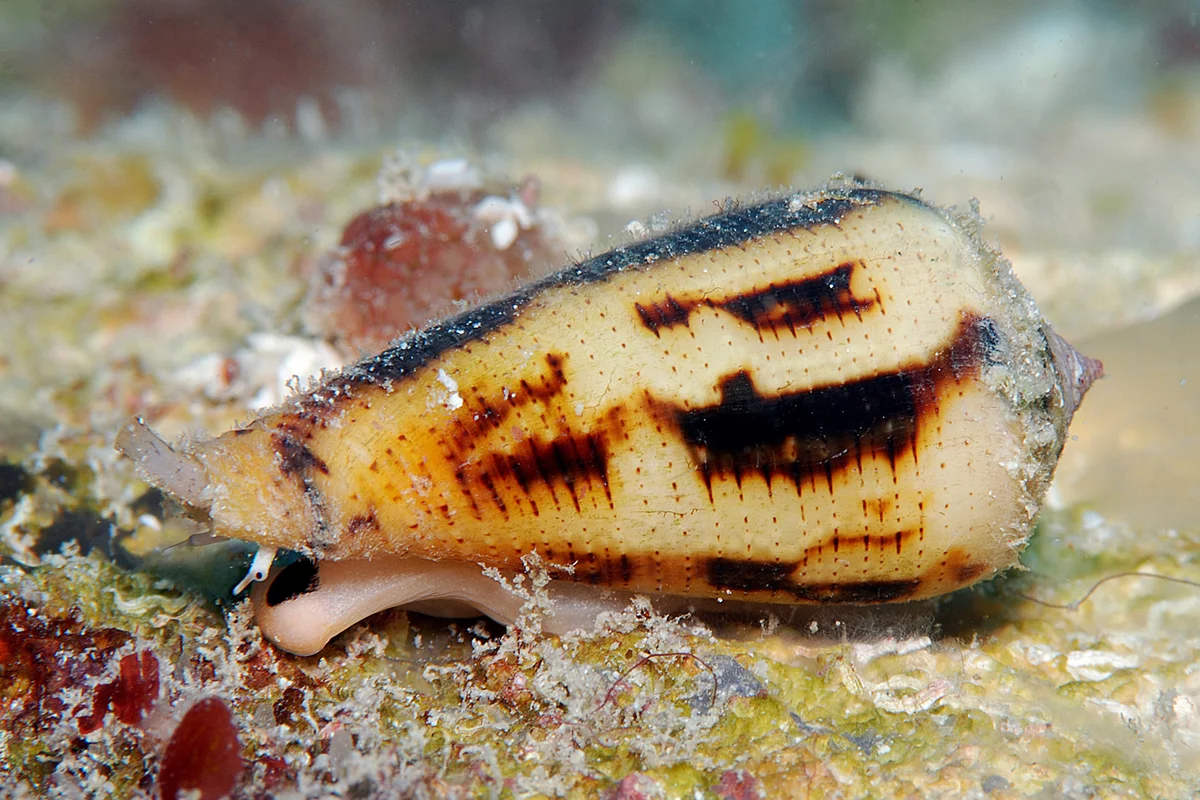

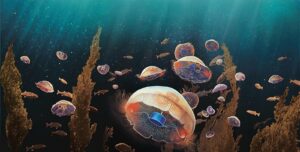
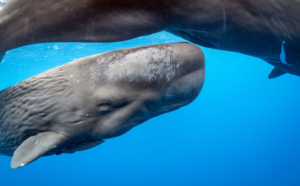

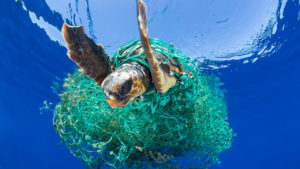
Comments are closed.